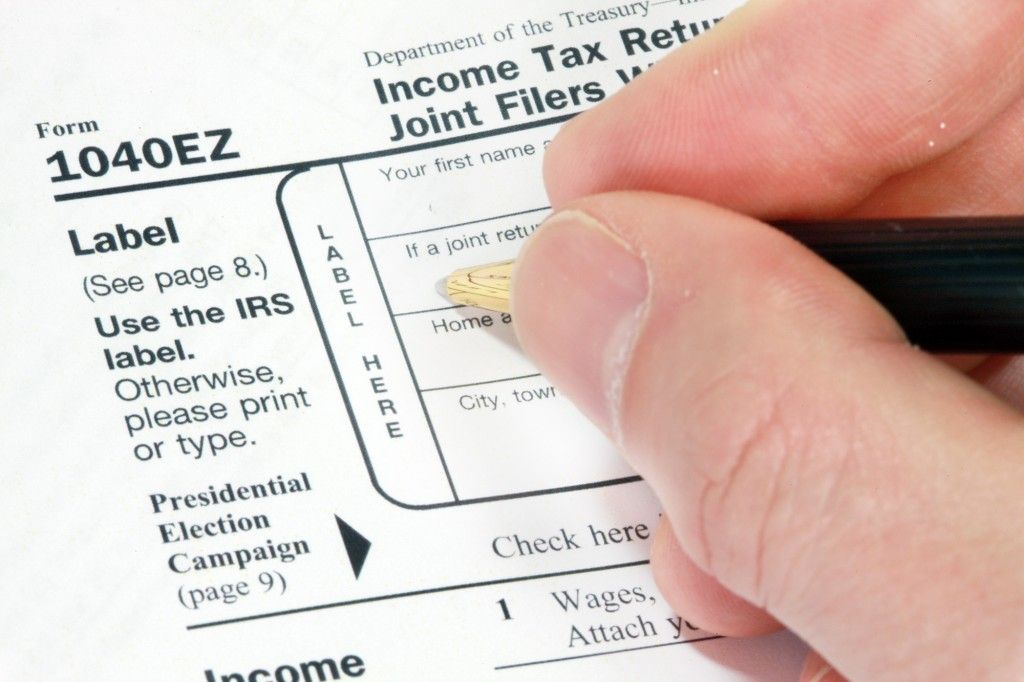What are the Top 5 2015 Tax Deadlines for U.S. Expat Taxes?
First of all, United States expatriate tax laws apply to any person who is temporarily or permanently residing in a country other than the United States. That being said, tax day for all Americans, including expats, is April 15, 2016. April 15 as tax day only changes if it falls on a weekend or holiday.
Because Expats are making their tax filings overseas, the IRS grants full-time expats an automatic extension on their U.S. tax filings. Expats are not only required to file U.S. income tax returns, but also Foreign Bank Accounting Reports (FBARs). FBARs are reports of a foreign bank and financial accounts. FBARs are known today as FinCEN Notice 2014-1. Even if the expat does not have any source of U.S. income, they are still required to file both.

2015 Important Expat Tax Dates
For the 2015 filing year, Expats need to be aware of 5 important dates:
- *April 15, 2016 – “Tax Day,” which is the last day for filing federal income tax returns and extension requests.
- June 15, 2016 – Automatic extension for Americans living outside the U.S. (expats) to file tax returns.
- April 15, 2016 – This is considered the date for filing FBARs (although they are not due on tax day.
- June 30, 2016 – FBAR extended due date without proper request.
- October 15, 2016 – An extension for All Americans (expats and domestic) is available up until this date so long as it is properly requested.
It is very important to note that, for the June 2015 deadline, although this is considered an automatic extension, it is still necessary to claim it by attaching a statement of intent to use the extension to the original April 15th tax return.
This is also important because expats must still pay any taxes due by April 15, even though their tax return form would not be due until later. In other words, they have to pay the taxes that are due on “tax day,” but do not necessarily have to file the federal income tax return form along with it.
The October 15 extension may be obtained by filing IRS Form 4868, which can be accompanied by a payment of estimated tax. This attempt in paying, along with the IRS form, is enough to obtain an extension for your tax return. Once again, this does not push back the date that your taxes are due. April 15 is still the date in which taxes must be paid in order to avoid penalties.
Expats (and all U.S. citizens for that matter) need to keep these dates in mind because the IRS will assess a “failure to pay” penalty if April 15th passes without payment of taxes and/or a proper extension request.
*One important note is that Friday, April 15th is Emancipation Day in the District of Columbia. Therefore, it is likely that the deadline for tax returns will be extended past the weekend to Monday, April 18th. However, this will probably not apply for FBAR returns.

H.R. 3236
On July 31, 2015, President Obama signed into law H.R. 3236. H.R. 3236 is the Surface Transportation and Veterans Health Care Choice Improvement Act of 2015. The key provision for expats is in the FBAR – IRS provision. This unlikely provision is helpful to expats because it specifically authorizes the IRS the ability to waive any penalty for failure to timely request or file an extension. This “waivability” provision is mean to help first-time expat filers.
This additional statement of penalty-waiving works congruently with the IRS amnesty program in that it helps innocent taxpayers who were unaware of their U.S. tax filing obligations. H.R. 3236 likely applies to anyone filing an FBAR for the first time.
Foreign Earned Income Exclusion
The legislature has formulated a statute regarding income earned overseas, called the foreign earned income exclusion extension (FEIE). This is particularly important for expats, many of whom earn wages in the foreign country in which they live.
For the FEIE extension, new expats may extend their return filing to the date necessary for them to satisfy the foreign earned income exclusion. This applies only if the expat remains outside the United States for 330 days after moving in the 2015 calendar year. If the 330 days surpasses the October 15 filing deadline, then this special request may be necessary.
The FEIE allows U.S. citizens who meet certain requirements and live abroad to exclude from income up to an amount of foreign earnings that is adjusted annually for inflation. For 2015 earnings, this amount will be $100,800. Furthermore, the FEIE allows expats to exclude or deduct certain foreign housing amounts.
Put My More Than 20 Years of International Tax Experience to Work for You
If you are a U.S. citizen living domestically or abroad, contact Ted Kleinman with any tax needs or guidance. For more than 30 years, Ted Kleinman of US Tax Help has helped U.S. expats and residents living abroad handle serious tax concerns and tax issues. I offer consultations and extension of tax resources by phone or by email. To schedule your confidential tax consultation, call 541-923-0903 or contact us online today.

